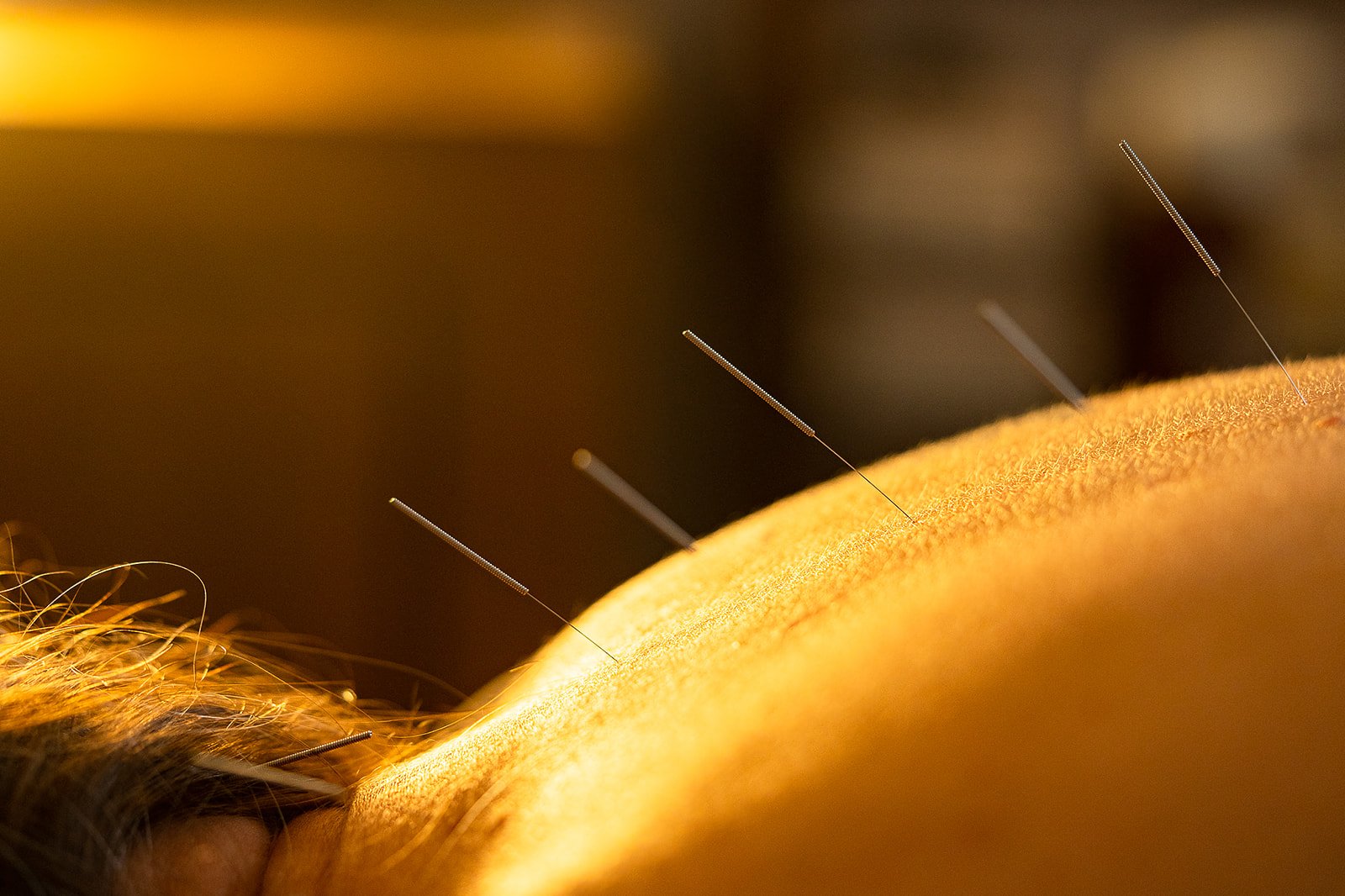
Your Acupuncture Questions Answered
What is Acupuncture?
Reduced to its simplest form, acupuncture is a medical system developed over 3000 years ago that uses sterile, single-use, fine needles at specific locations on the body. There are over 300 acupuncture points on the body, and each has its own set of therapeutic actions. These acupuncture points strengthen and improve your body, while healing symptoms of disease.
Patient Testimonial
“Working with Lindsey on our health has been one of the best experiences we’ve had.
When my husband was diagnosed with cancer, Lindsey not only helped him to manage his side effects but she took the time to find out how I was doing. We’ve shared tears and more than a few good laughs.
Her compassion and extraordinary care for the whole person can’t be equaled.”
Ron and Kim Julian
Do you feel it? Does it hurt?
Do you feel it? Yes. Acupuncture is not a sensation free treatment.
But does it hurt? No, or at least it should not. Generally, you will feel a gentle pressure or that of a body hair being tugged on insertion.
The sensation of acupuncture is a unique experience. Sometimes you will feel a bubbly sensation, pressure, or a dull ache at the acupuncture point or along an entire acupuncture channel. These sensations are not 'ouch' sensations and are often enjoyable. Most patients fall asleep or deeply relax during each treatment. We call this the acu-nap.
How does it work?
Acupuncture points lie on meridians with both a superficial pathway and an internal one that wraps around and connects various internal organs in East Asian medical theory. Because these meridians travel all over the body, acupuncture can treat a wide variety of conditions using points far away from the sight of injury or illness.
The meridians and points work to regulate the circulation of all bodily substances including, blood, lymph, and energy or 'Qi.' In Chinese medicine, disease occurs when circulation of any or all of these substances becomes impaired. The insertion of acupuncture needles or massage to points where Qi is blocked will help restore proper circulation to the entire body. In Chinese medical theory, Qi powers our digestive system, affects our emotions, helps our heart circulate blood throughout the blood vessels, and helps our body have the ability to build our hormones, neurotransmitters, and new cells. In many ways, the healthy circulation of Qi affects our entire wellbeing.
What does my first visit look like?
Your first visit will start with a complete interview of your health history and current health. Questions will include physical and emotional health presentations. I will feel your pulse on both left and right wrists, and look at your tongue.
With the information gathered, I will then select a treatment to address your main complaint. Points will be inserted; you’ll rest on the table for 20-50 minutes, in which time I will check in and see how you are feeling. Sometimes I’ll use moxibustion, cupping therapy, gua sha, or light massage in addition to acupuncture. After points are taken out, we will discuss a treatment plan and possible "homework".
What can Acupuncture Treat?
While acupuncture is best known for pain management, it is a complete medical system that has been honed over 3,000 years. As a complete medical system, acupuncture can treat a wide variety of health concerns. Chinese medicine specializes in pain management & injury healing, as well as understanding women's health, stress, PTSD & anxiety, and the digestive system.




